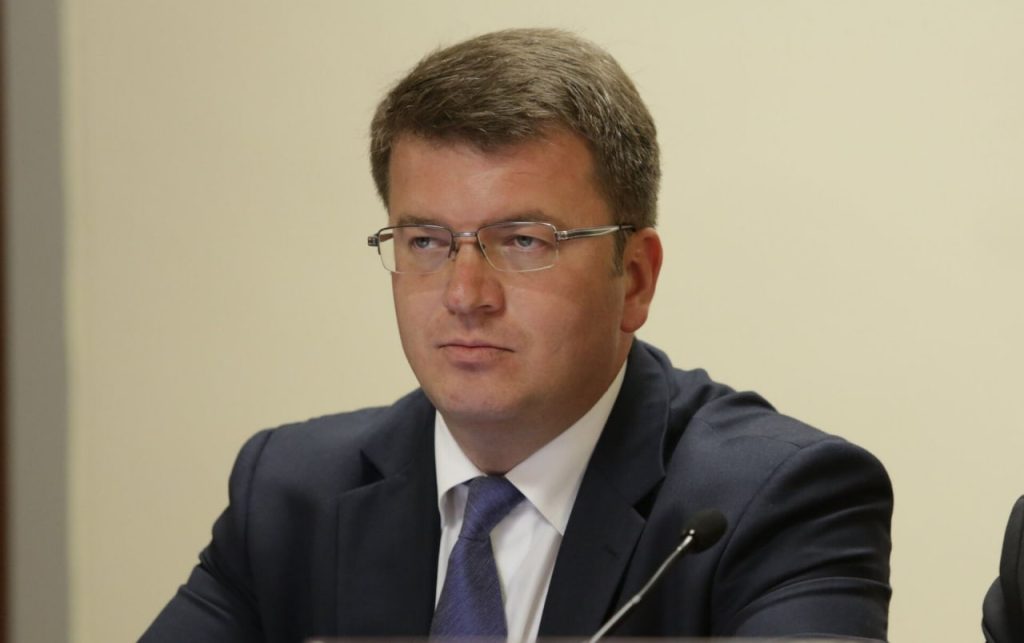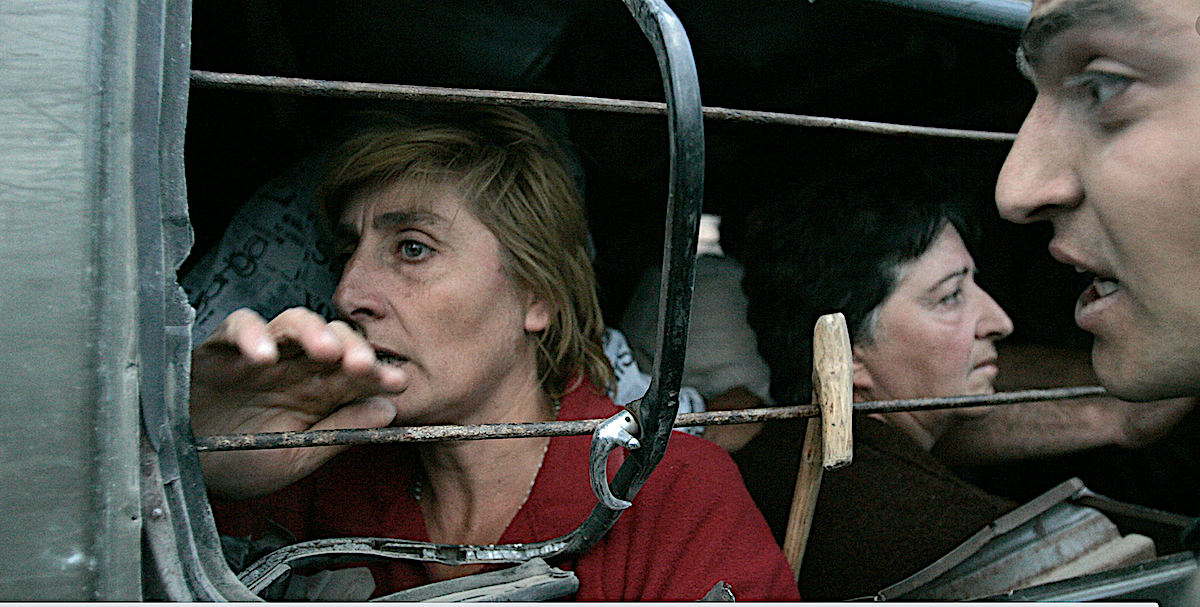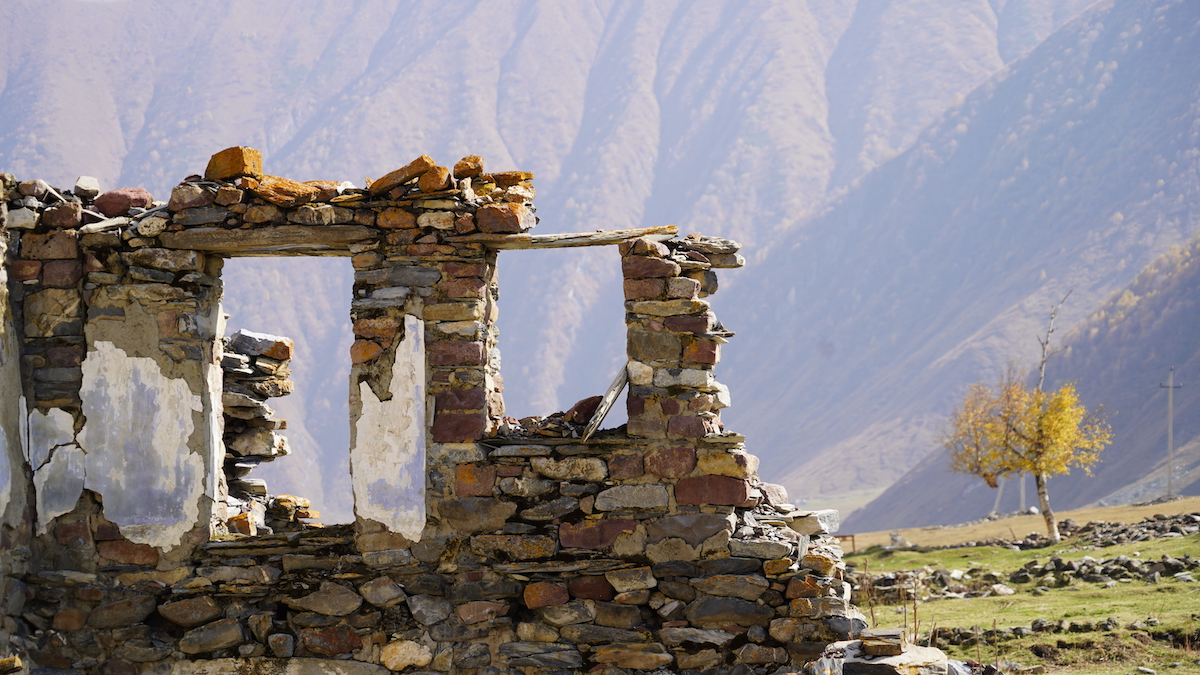"An obedient instrument in the hands of the West": How South Ossetia reacted to the decision of the Hague court
ICC decision on South Ossetia
The International Criminal Court in The Hague (ICC) has accused three South Ossetian officials – former Ombudsman David Sanakoev, former Minister of Internal Affairs Mikhail Mindzaev, and head of Tskhinvali prison Hamlet Guchmazov – of “war crimes and crimes against humanity” committed during the Russian-Georgian war of 2008 . In the republic itself, the decision of the ICC on South Ossetia is considered politically biased and they insist on the innocence of the accused.
In the opinion of South Ossetia the decision of the ICC is illegitimate, since the court has no jurisdiction on the territory of either Russia or South Ossetia. From the point of view of international law, South Ossetia is part of the territory of Georgia, and therefore under ICC jurisdiction.
- Investigation of crimes committed during August 2008 war completed: What does it mean?
- Hague tribunal issues arrest warrants in the August 2008 war case
Court and business
In 2008 Tbilisi filed a lawsuit against Russia with the ICC. In January 2016 an investigation was launched into war crimes and crimes against humanity committed by the Georgia, Ossetia and Russia before, during and after hostilities, that is, from July 1 to October 10, 2008.
In June 2022 arrest warrants were issued for Mikhail Mindzaev, Hamlet Guchmazov and David Sanakoev. The allegations related, inter alia, to unlawful confinement, torture, abuse, hostage-taking and illegal displacement of ethnic Georgian civilians under occupation by the Russian Federation.
Among the suspects was also late Major General of the Russian army Vyacheslav Borisov, but as he is dead, there was of course no warrant issued.
In December 2022, ICC Prosecutor Karim Khan announced the completion of the investigation phase of the case.
In a statement, Khan notes that the charges are “representative of a broader pattern of crime that included the widespread looting and destruction of Georgian villages and homes and the denial of the right to return of almost the entire Georgian population of the Tskhinvali region.”
“The prison building was a more secure facility”
In Tskhinvali the ICC decision on South Ossetia was called a political order contrary to the principles of impartiality of an independent judiciary.
A source in the Ministry of Foreign Affairs of South Ossetia told JAMnews that the ICC charges are far-fetched, and the South Ossetian officials put on the wanted list by the court in fact saved the lives of local Georgians, ensuring their safety during the hostilities:
“The prison building was a secure facility in Tskhinvali and was subjected to shelling from Georgia. In order to protect against the Georgians who were in the city, including from local residents whose relatives died in the shelling, Georgians were hidden in the prison building. The South Ossetian authorities saved the lives of Georgian citizens. They were safe, and then transferred safe and sound to Georgia.”
In August 2008, Hamlet Guchmazov also mentioned that with the outbreak of hostilities, Georgian workers who were at that time in Tskhinvali were brought to a local detention center.
“The authorities of the republic were forced to take this measure in order to ensure the safety of Georgian workers,” Guchmazov said.
- Living in the conflict zone: War is bitter. I survived it both as a child and when I got old. Video
- The 2008 war over South Ossetia: How it all happened
- August 8 Russian-Georgian war: testimonies of Georgian and Ossetian survivors
“Georgians are not being prosecuted for atrocities committed in 2008”
This is how one of the defendants, David Sanakoev, now a member of parliament, reacted to the issuance of a warrant for his arrest:

“We do not see that Georgians are being held accountable for the atrocities committed in 2008. As for me, I was authorized to deal with the return of Ossetians from Georgian captivity. I was also involved in the transfer of Georgians from South Ossetia at the time of the Georgian attack. We cooperated with the Council of Europe Commissioner for Human Rights, Thomas Hammarberg. I don’t think that this person could take part in events somehow connected with crimes against humanity, or be involved in other crimes of which I am accused.”
Sanakoev fears that travel abroad will become difficult, as “the decision of the ICC will threaten arrest in countries that have signed an agreement with it.”
“The ICC should issue a warrant for the arrest of Mikheil Saakashvili”
“The ICC should issue warrants for the killers of Ossetians – former President of Georgia Mikheil Saakashvili and other Georgian officials and military who were engaged in the destruction of the Ossetian people,” an employee of the presidential administration of South Ossetia said.
In this unnamed employee’s opinion, it is South Ossetia that should sue Georgia.
The Ministry of Foreign Affairs believes the decision to be “absolutely biased, having nothing to do with justice.” The Ministry of Foreign Affairs is outraged that not a single procedural action was taken against the Georgian military and officials “guilty of committing documented war crimes against the civilian population of South Ossetia and representatives of the international peacekeeping contingent.”
Tskhinvali believes that the actions of the ICC have completely discredited European justice, and the decisions made by the court “are directed first of all against Russia, the country that stopped the war unleashed by the criminal regime of Saakashvili.”
Commissioner for Human Rights Inal Tasoev called the ICC “an obedient tool in the hands of the West”, taking a one-sided pro-Georgian position:
“Let us recall that according to the independent commission of the European Union headed by Heidi Tagliavini, created to investigate the facts of August 2008, it was established that on the night of August 7-8, 2008 Georgia was the first to commit full-scale armed aggression against the population of South Ossetia using heavy artillery, armored vehicles and military aviation.”
Tasoev also recalled that the ICC and the European Court of Human Rights ignored thousands of complaints filed in 2008 by South Ossetians.
“The Georgians are clearly working on the events of August 2008”
Former deputy of the South Ossetian Parliament Roland Kelekhsaev believes that the republic is not defending its national interests well enough:
“Georgians are clearly working on the events of August 2008. And we are kind of careless about it. I have a question for the authorities of the republic: Do we agree that Georgia is turning everything upside down? We are the victims of Georgian aggression, we are the side that suffered because of Georgia, and our opinion did not play any role. Why?”
Kelekhsaev believes that the authorities of South Ossetia themselves cannot or do not want to convey the truth to the West. He finds it ironic that the ICC is now persecuting David Sanakoev, who at one time did not defend the rights of the citizens of South Ossetia on international platforms. The current ombudsman, Inal Tasoev, has held this position for more than ten years and is a regular participant in Geneva discussions, but South Ossetians themselves have little idea of why the South Ossetian delegation travels to Geneva at state expense.
“It would be good if the new government, headed by Alan Gagloev, approached this issue with all responsibility and in fact defended the interests of our people and state in international instances,” Kelekhsaev says.
The ruling Nykhas party, of which David Sanakoev was a member until recently, did not express any support for him. Nor did President Alan Gagloev himself react to what was happening.
Terms, place names, opinions and publication ideas do not necessarily coincide with those of JAMnews or its individual employees. JAMnews reserves the right to remove comments on posts that are deemed offensive, threatening, violent or otherwise ethically unacceptable.




















